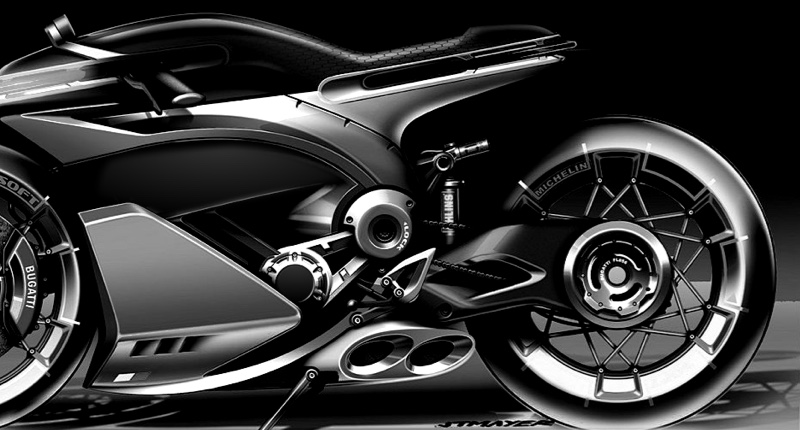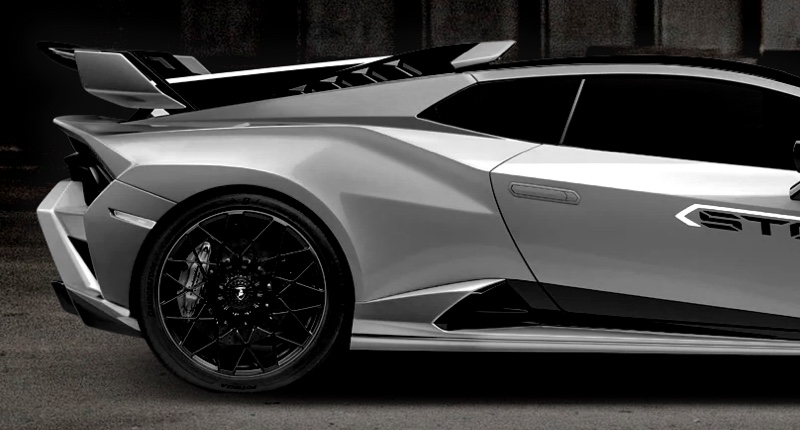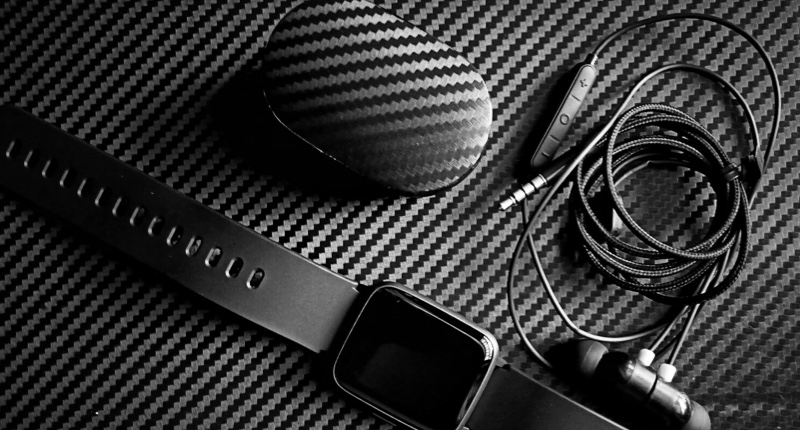Carbon Fiber in Cars: Strength, Weight, & Cost | Supreem Carbon
- Why Carbon Fiber is Used in Cars? Unveiling the Superior Strength & Lightweight Design - Supreem Carbon
- What Makes Carbon Fiber So Special?
- Is Carbon Fiber Expensive?
- How is Carbon Fiber Used in Cars?
- What are the Disadvantages of Using Carbon Fiber in Cars?
- What is the Future of Carbon Fiber in the Automotive Industry?
- The Supreem Carbon Advantage
Why Carbon Fiber is Used in Cars? Unveiling the Superior Strength & Lightweight Design - Supreem Carbon
This blog post explores the reasons behind the increasing use of carbon fiber in automobiles, addressing common questions and misconceptions surrounding this advanced material. We'll delve into its properties, manufacturing processes, and its impact on vehicle performance and design.
What Makes Carbon Fiber So Special?
Carbon fiber's unique properties are at the heart of its automotive application. It boasts an incredibly high strength-to-weight ratio, significantly stronger than steel and aluminum while being substantially lighter. This is crucial for several reasons:
* Improved Fuel Efficiency: A lighter car requires less energy to accelerate and maintain speed, leading to better fuel economy and reduced CO2 emissions.
* Enhanced Performance: Reduced weight translates to improved handling, acceleration, and braking performance. This is especially beneficial in high-performance vehicles.
* Increased Safety: While seemingly counterintuitive, the stiffness of carbon fiber can provide superior crash protection compared to steel in certain applications. The ability to strategically place the material for maximum impact absorption plays a key role here.
Is Carbon Fiber Expensive?
Yes, carbon fiber is significantly more expensive than traditional materials like steel and aluminum. The manufacturing process is complex and energy-intensive, contributing to its higher cost. However, the benefits often justify the expense, particularly in high-end vehicles and performance applications where the performance gains outweigh the additional cost.
How is Carbon Fiber Used in Cars?
Carbon fiber isn't typically used to construct the entire vehicle body. Instead, it's often used in specific components where its properties offer the greatest advantage:
* Chassis and Monocoque: Carbon fiber monocoques offer exceptional rigidity and light weight, creating a strong and safe foundation for the vehicle.
* Body Panels: Doors, hoods, and other body panels can be made from carbon fiber composites to reduce weight and improve aerodynamics.
* Interior Components: Dashboards, seats, and other interior components can also benefit from carbon fiber's lightweight and strong properties.
What are the Disadvantages of Using Carbon Fiber in Cars?
While carbon fiber offers numerous advantages, there are also some limitations:
* High Manufacturing Cost: As previously mentioned, the manufacturing process is expensive and complex.
* Repair Difficulty: Repairing damaged carbon fiber components can be more challenging and expensive than repairing steel or aluminum.
* Manufacturing Complexity: The manufacturing process requires specialized equipment and expertise.
What is the Future of Carbon Fiber in the Automotive Industry?
As manufacturing techniques improve and costs potentially decrease, the use of carbon fiber in automobiles is expected to expand. We can anticipate seeing more widespread adoption in various vehicle segments, moving beyond high-performance and luxury cars to include more mainstream models. Innovations in manufacturing, such as using recycled carbon fiber, will also play a crucial role in its wider adoption.
The Supreem Carbon Advantage
At Supreem Carbon, we are committed to providing high-quality carbon fiber solutions for the automotive industry. Our expertise in manufacturing and design ensures that we deliver superior products that meet the demanding requirements of the automotive sector. Contact us today to learn more about how we can help you integrate carbon fiber into your next project.
High Quality Carbon Fiber Race Car Parts | Supreem Carbon
Custom custom carbon fiber Manufacturers and suppliers in China
Custom zx6r carbon fiber fairings Manufacturers and suppliers in China
Exploring Carbon Fiber in Automotive | Supreem Carbon
For Products
What is main products for factory?
Supreem carbon mainly produce carbon fiber custom products for automobile and motorcycle accessaries, including the design, develop and manufacturing of appearance parts, interior parts, functional parts, etc. Other carbon fiber custom goods also can produce for you.
Are you parts have UV protected?
Absolutely! We use multiple layers of premium quality automotive clear (or matt) coats on our products, which ensure that they will remain super pretty for years to come.
For Facotry
How many monthly production capacity of the factory?
The average monthly production capacity reach 3000 pieces. With the equipment upgrade, it will be increased over 4000 pieces per month.
For After-sales Service
Do you offer the fitting advice?
Of course! If you have any questions, please contact us on info@supreemcarbon.com.
For Order Delivery
How to choose the mode of transportation?
We use official shipment like Fedex,UPS,DHL and so on. Also customer can arrange delivery by themselves.

Yamaha R1 Carbon Fiber Side Fairings
Introducing the Supreem Carbon Fiber Long Side Panels for Yamaha R1. Crafted with precision and expertise, this front side fairing is designed to elevate the performance and aesthetics of your R1. Made from high-quality carbon fiber, this fairing is not only lightweight but also incredibly durable, providing optimal protection for your motorcycle.

Yamaha R1 Carbon Fiber Airbox Tank Cover
The Supreem Carbon Yamaha R1 Carbon Fiber Airbox Tank Cover provides lightweight, durable protection with a sleek finish. Designed for R1 models, it enhances the style and performance of your bike. Its lightweight structure improves performance while maintaining the premium aesthetics necessary for high-end modification projects. As a dedicated manufacturer of carbon fiber parts, we provide stable production capacity, customization options, and strict quality control to support enterprise-level procurement and OEM/ODM needs.

Carbon Fiber Rear Seat Panel for BMW S1000R & M1000RR – Lightweight Performance
This carbon fiber rear seat panel is engineered for the BMW S1000R and M1000RR, offering superior rigidity, reduced weight, and a premium racing finish. Produced with autoclave technology and strict QC standards, the part ensures consistent OEM-level fitment. Supreem Carbon provides wholesale supply, stable bulk production, and customized solutions for global clients.

High-Performance Carbon Fiber Rear Undertail for BMW S1000R
Engineered for distributors, tuning brands, and motorcycle accessory businesses, the BMW S1000R Carbon Fiber Rear Undertail is a high-quality, durable, lightweight carbon fiber upgrade for the S1000R platform. This component is manufactured using aerospace-grade carbon fiber and precision molds to deliver superior stiffness, a seamless OEM-level fit, and a premium visual finish suitable for high-end aftermarket applications.
© 2024 Supreem Carbon All Rights Reserved.





Facebook
Pinterest
LinkedIn
Instagram